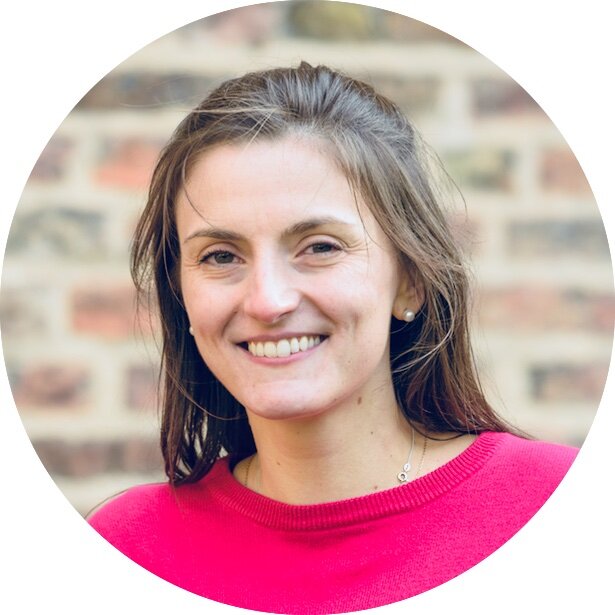Dr Caroline Watson
Co-Chief Investigator
Caroline qualified in medicine from the University of Oxford in 2010 and started training as a Haematology Specialist Registrar in 2014. She joined Jamie Blundell’s lab in October 2017 as a CRUK funded Clinical Research Fellow working on the evolutionary dynamics and fitness landscape of clonal haematopoiesis as well as tracking clonal evolution in individuals who progress to Acute Myeloid Leukemia (AML). She was awarded her PhD from the University of Cambridge in summer 2022. Her interests lie in understanding the factors that influence clonal behaviour in blood and the identification of individuals at high risk of progression to blood cancer who might benefit from early intervention studies. She is also interested in high sensitivity sequencing techniques, bioinformatics and wearable devices.
Dr Jamie Blundell
Co-Chief Investigator
Jamie trained as a theoretical physicist at the Cavendish laboratory, University of Cambridge with Eugene Terentjev studying the statistical physics of polymers. He moved to Stanford University in 2012 as a postdoctoral scholar working on the dynamics of clonal evolution with Daniel Fisher, Sasha Levy, Dmitri Petrov and Gavin Sherlock. He joined the Cambridge Cancer Centre Early Detection program in July 2017 and was awarded a UKRI Future leaders fellowship in September 2019 which funds much of his group’s research. His research interests lie in quantitatively understanding somatic evolution in human tissues and using this understanding to detect cancer earlier. He is also the Anthony L. Lyster fellow at Queens’ College, Cambridge.
Dr Inigo Martincorena
Collaborator
Inigo trained in molecular biology in Spain before completing a PhD in evolutionary genomics at the University of Cambridge in 2012. In 2016, he established his research group at the Sanger Institute. His team’s research focuses on understanding somatic mutation in normal tissues and its impact on cancer, ageing and non-clonal disease. Cancer development is an evolutionary process, and they study it by adapting evolutionary methods to analyse genome sequencing data from tumours and healthy tissues. Following the discovery that mutant clones with driver mutations colonise solid tissues throughout life, Inigo’s research group is largely focused on understanding the extent and impact of this phenomenon across tissues, in health and disease. This includes the development of new computational and experimental methods to study somatic mutations in a wider set of tissues and species, and in large-scale cohorts.
ACED Clinic Cambridge
Supporting the running of the LEGACY study
ACED Clinic Cambridge is supporting the LEGACY study by providing invaluable resources, including research nurses, to help in the running of the study. The Clinical Coordinator/ Principal Research Nurse of ACED Clinic is Irene Debiram-Beecham, the Chief Investigator is Professor Rebecca Fitzgerald and the Clinical Lead is Dr Ines Modollel. ACED Clinic Cambridge is hosted in the NIHR Cambridge Clinical Research Facility at Cambridge University Hospital.
Cambridge Blood and Stem Cell Biobank
Processing and storage of blood and saliva samples
The Cambridge Blood and Stem Cell Biobank (CBSB) will process and store blood and saliva samples collected as part of the LEGACY study. The CBSB is based in the NHS Blood and Transplant Cambridge Centre on the Cambridge Biomedical Campus. CBSB’s lead scientist is Dr Joanna Baxter.






